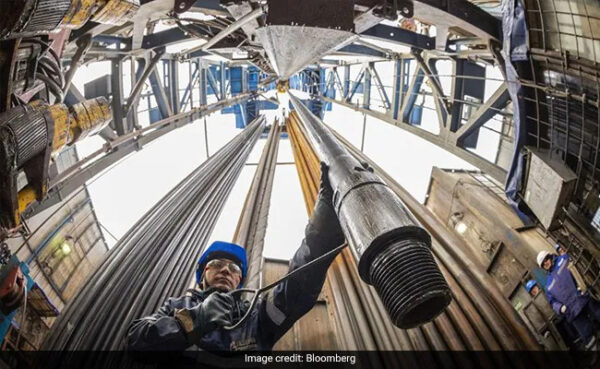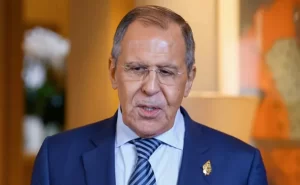
India will look for a wider consensus before supporting the efforts led by the US to limit the price of Russian oil, which is expected by American officials this week when they travel to Mumbai and New Delhi.
India is doubtful to join the plan unless the consensus is achieved with all buyers, according to people who are familiar with this problem, ask not to be identified because the consideration is not public.
The message is likely to be conveyed to the Deputy Secretary of the US Finance Wallymo and his team at a meeting with government officials and company executives from Wednesday to Friday. His boss, Janet Yellen, and the department have led efforts to get allies above the price hat idea, which they anticipate will make Russia starve from the income that funding the Ukraine invasion without taking oil from the market and triggers price surge.
The effectiveness of the price of oil prices can depend on the commitment of main customers such as China and India, which has increased oil purchases from Russia after most buyers make fun of barrels after the Ukraine invasion.
The coalition to place price limits on Russian oil has expanded and a number of countries have joined, Adeyemo said at an event in Mumbai on Wednesday, adding that he “would not excel from the announcement by the coalition.”
Policy makers in India are worried that commitment to price limits will interfere with access to discounted Russian crude oil, people said. The third largest buyer in the world, who imports 85 percent of its oil needs, has relying on a cheaper Russian supply to provide assistance from 7 percent close inflation and trade deficit records.
Adeyemo is also expected to ask India to strengthen its monitoring where products made from Russian crude oil are sold, said one of those people. The request came after Treasury officials gave a sign that the delivery of materials used to make plastic was produced at Indian refineries from Russian oil had headed to New York. The US in March banned imports of Russian crude oil and processed products.
Treasury spokesman Michael Kikukawa said Adeyemo was in India to discuss “a number of problems,” including energy security. “All tools to be discussed – including the price limits of Russian oil, net energy technology, climate finance – are intended to reduce energy prices in India, the United States and globally,” he said in an email.
Kikukawa did not comment on how Indian officials looked at the price limit. A spokesman for the Indian Ministry of Finance did not respond to calls looking for comments.
The European Union has agreed to a ban on Russian sea oil imports at the end of the year and, together with Britain, intends to prohibit its company to finance or insure the shipment. US officials are worried that the ban will be closed in most Russian production and cause global prices to surge to around $ 140 per barrel.
Brent Oil, a global benchmark, was completed on Tuesday above $ 100 per barrel for the first time since the beginning of August, even though it has been out of the new peak near $ 140 in March.
Adeyemo began his Indian journey in Mumbai where he visited the Indian Institute of Technology and Society for Innovation and Entrepreneurship, a novice incubator, on Wednesday. American business consumers, he said in the comments prepared, rely on products and innovations developed in India.






